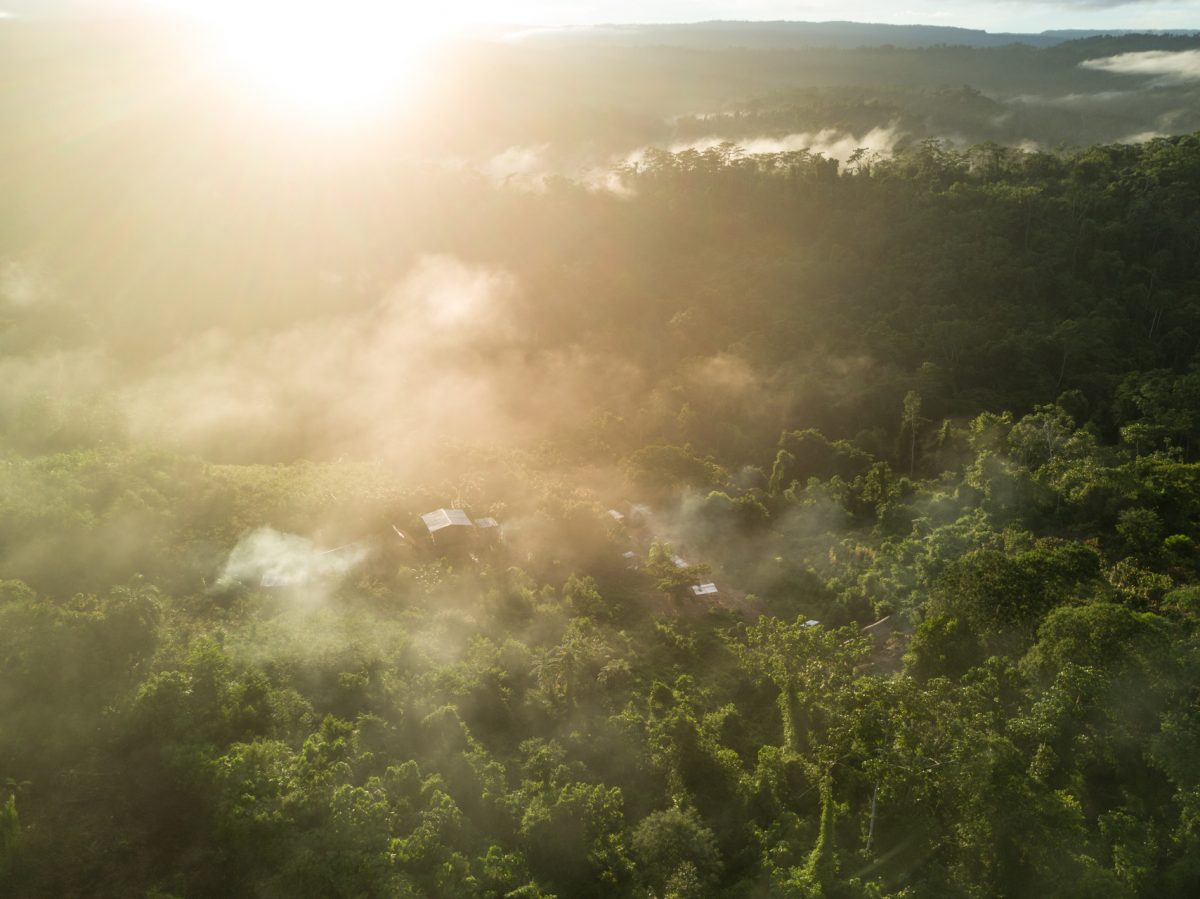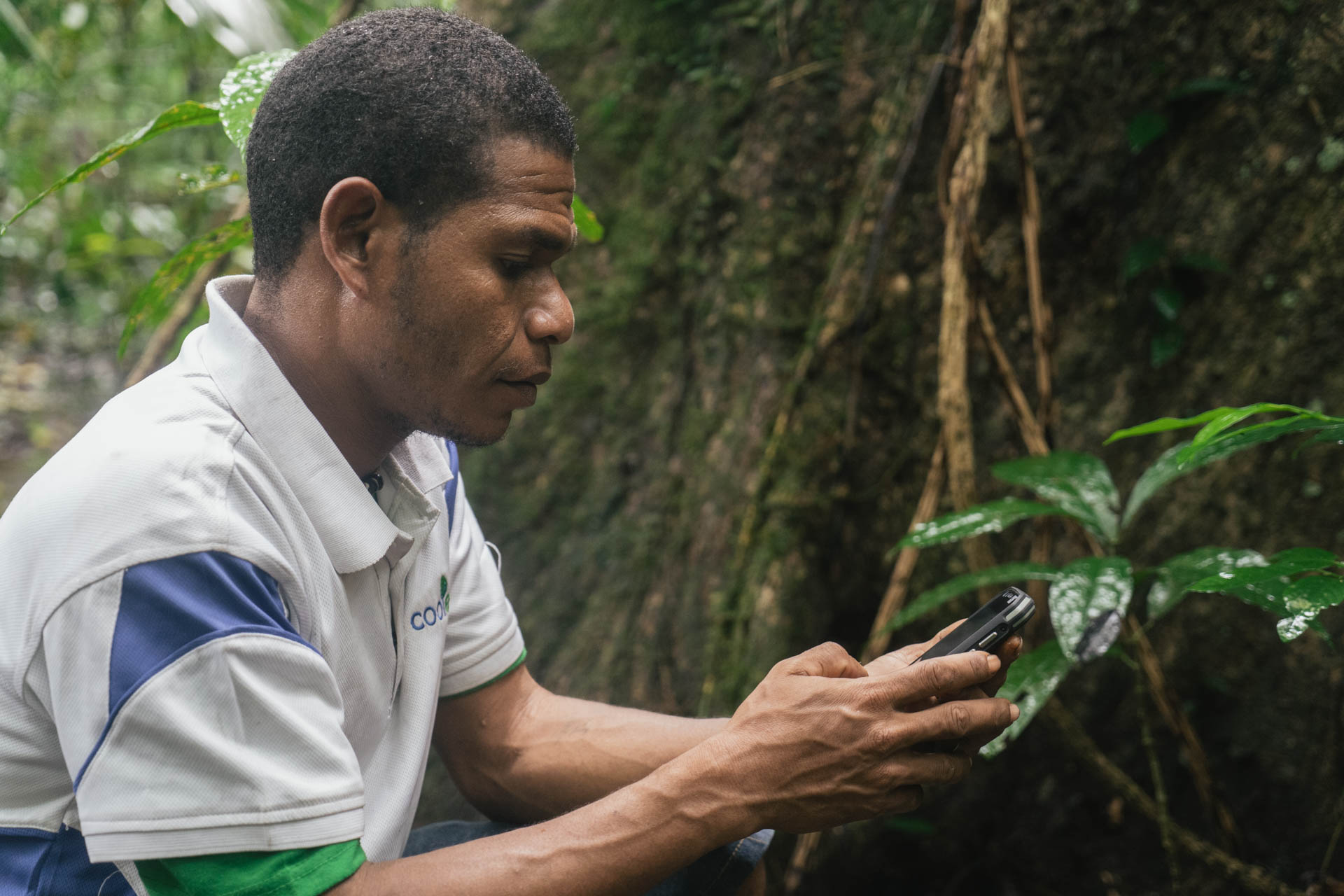
Celebrating Indigenous Knowledge on International Environmental Education Day
Knowledge is power: Happy International Environmental Education Day!
Celebrated since 1975, International Environmental Education Day (26th January) is a day where we acknowledge the importance of education in raising awareness about the climate crisis and how we can all do better and contribute to protecting our environment.
“Indigenous Peoples and local communities have been contributing to biodiversity and climate action even when these terminologies did not exist.”
– Archana Soreng
One of the most important sources of environmental knowledge comes from Indigenous Peoples and local communities. Modern ‘fortress conservation’ efforts have largely failed to protect biodiversity, and have instead excluded local people, labelling them as unworthy to manage the land they have occupied for decades or centuries. But, as Archana Soreng, an Indigenous woman from the Indian Kharia tribe, said “Indigenous Peoples and local communities have been contributing to biodiversity and climate action even when these terminologies did not exist.” Conservation practices need Indigenous knowledge and the inclusion of Indigenous Peoples in every step of the process if we are to have a hope in combating the climate crisis.
Thankfully, Indigenous knowledge is starting to get the recognition it deserves. In Northern Colombia, the Indigenous Kogi of the Sierra Nevada of Santa Marta are part of the very first UNESCO BRIDGES project [1]
Indigenous Kogi worldview aims to change face of conservation for good (Mongabay, 2023) . A project which focuses on finding solutions coming from rainforest villages, rather than experts from the outside bringing their idea of solutions, which has long been problematic.
Sharing knowledge across forest
Cool Earth’s partners know the importance of sharing knowledge in protecting the environment and defending their land rights. In the Democratic Republic of Congo (DRC), our partners Go Conscious Earth and Cadasta carried out a knowledge exchange, sharing their data collection tools for participatory community-based land management. They are currently collecting socioeconomic data for land rights using a household survey developed by local DRC experts. In our Papua New Guinea (PNG) partnerships, people wanted careers in conservation and guiding, so Clifford Yaee, Forest and Research Coordinator in PNG, conducted a biodiversity course. So far 15 people have graduated.


Biodiversity officer, Nicky Roma, collecting image and location data to cross-reference with satellite monitoring.
The real climate experts
Today is about recognising that Indigenous and local knowledge is environmental education for all of us. We know that even though some of you reading this may be thousands of miles away from the rainforest, you’re committed to fighting the climate crisis. This starts with backing the people who know how to best protect rainforest.
Help us continue to share environmental knowledge from the real climate experts. Donate
References[+]
